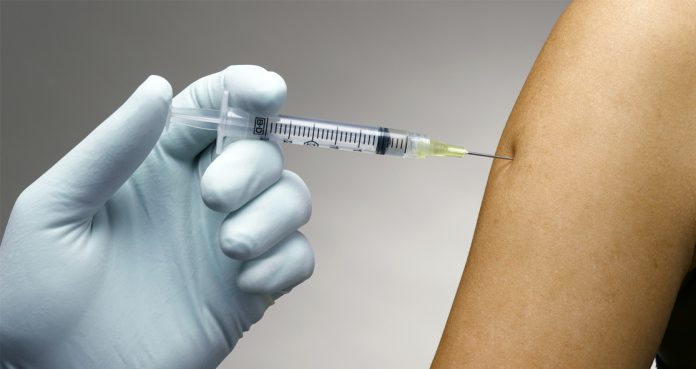Many people die from tuberculosis (TB) even after the vast majority of them were vaccinated, suggesting that the vaccine is not that reliable.
However, a new study has found that the vaccine could be significantly potent and effective simply by changing the route of administration.
The study was conducted by the researchers of the University of Pittsburgh School of Medicine and the National Institute of Allergy and Infectious Diseases (NIAID).
They discovered that delivering TB vaccine intravenously could be highly effective against the deadliest infection in monkeys when compared with the standard route of administration. The TB vaccine, Bacille Calmette-Guérin (BCG), which is injected directly into the skin, offers minimal protection.
Senior study author JoAnne Flynn said, “The effects are amazing. When we compared the lungs of animals given the vaccine intravenously versus the standard route, we saw a 100,000-fold reduction in bacterial burden. Nine out of 10 animals showed no inflammation in their lungs.”
The researchers tested several routes and doses of BCG, which is made from a live, weakened form of TB bacteria found in cattle. The BCG vaccine has been around for over 100 years. It is among the most widely used vaccines across the world; however, its efficacy varies widely.
It was Dr. Robert Seder, another senior study author, who came up with an idea for intravenous TB vaccination. He came up with this idea after he discovered that the malaria vaccine was effective when delivered intravenously in both animals and humans.
The researchers found that delivering TB vaccine intravenously in animals offered almost full protection against the disease.
Flynn explained, “The reason the intravenous route is so effective is that the vaccine travels quickly through the bloodstream to the lungs, the lymph nodes and the spleen, and it primes the T cells before it gets killed.”
The team now plans to examine whether lower doses of intravenous TB vaccine could offer the same level of protection without causing any side effects.
They want to make sure that intravenous BCG is not only safe but also practical before conducting human trials.
Flynn said, “We’re a long way from realizing the translational potential of this work. But eventually, we do hope to test in humans.” The researchers cautioned that delivering TB vaccine intravenously requires more skill and carries a great risk of infection.





















